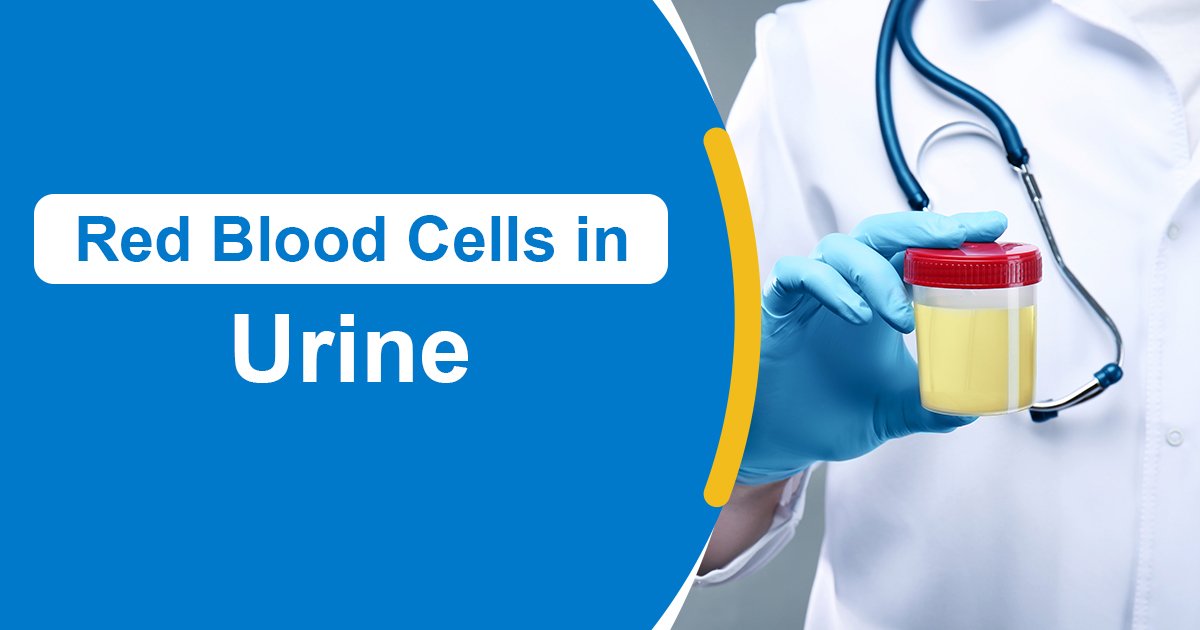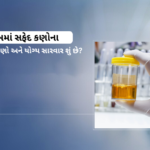Kidney stones are mainly hard objects that are created by chemicals in urine. There are in total four types of kidney stones as –
- calcium oxalate
- struvite
- cystine
- uric acid
These stones can be treated with arthroscopy, shockwave lithotripsy, nephron lithotripsy, and percutaneous nephrolithotomy. The common symptoms of Kidney stones are blood in your urine, lower back, vomiting, nausea, urine that smells bad, fever, and chills. They are urine contains made with a more crystal-forming substance such as uric acid and calcium.
Table of Contents
Factors that can increase the risk of developing issues like kidney stones
Dehydration
- This is one of the common causes of kidney stones is dehydration.
- Drinking water regularly results in crystal formation from urine substances.
- Drinking water can help to dilute the stone form through the fluid.
- Therefore, this shows that avoiding regular consumption of water can result in a greater risk of acquiring kidney stones.
Diet
Research shows that maintaining a regular diet can help to avoid kidney stones. Nowadays individuals consume a high amount of sodium content food that can potentially create the risk of acquiring kidney stones.
Diet can cause an increase in the level of fever and chills which can create a risk of acquiring kidney stones. Lack of citrate in urine can be dangerous as it prevents the formations of crystals from being able to adhere to one another.
A lack of citrate can create an ideal environment for creating kidney stones. Urologists recommend the patients have a low-sodium, moderate-calcium, and low-protein diet.
Recommendations for a Specific diet can be based on the evaluation and stone composition of the metabolism of the individual.
Family or personal history
If your close family member has kidney stones, then research says that you are more likely to devolve this disease, or it can happen without any family history.
Obesity
- High body mass index (BMI) plays a huge role in acquiring kidney stones.
- Large waist size, severe or fluctuating weight can be associated with is an issue.
- There is always the risk of either single or recurring kidney stones.
Digestive diseases and surgery
Certain disorders can affect the digestive system because of an increase in substances such as less water absorption, calcium, and electrolyte.
Inflammatory bowel diseases or gastric bypass surgery are common disorders just like ulcerative colitis and Crohn’s disease.
Metabolic disorders
- Metabolic conditions have huge chances of increasing the risk of problems such as kidney stones.
- Subsequently, it can increase hyperparathyroidism, renal tubular acidosis, and cystinuria.
Urinary tract infections
Patients who are currently suffering from chronic urinary tract infections have a huge chance of the formation of larger stones in the kidney which are commonly known as infection stones or struvite.
Physical activity
- High intense physical lifestyle can substantially save kidney stones found through research.
- Level of physical activities can impact the severity of metabolic diseases.
- Diseases such as obesity and diabetes can directly impact the physiology of the human body which can waste the excretion mechanism.
- Migration is one of the factors of nephrolithiasis prevalence.
- This can potentially generate artificiality due to the high percentage of patients suffering from migration who get kidney stones.
Various other factors can severely impact kidneys and create kidney stones
- Calyceal diverticulum
- Obstruction of the kidney or ureter
- Vesicoureteral reflux
- Medullary sponge kidney
- Ureteral stricture
- Horseshoe kidney
- Anatomical abnormalities
Kidney stones in children
- There have been witness that shows that kidney stones can be found and created in children below the age of 5
- This mainly happens due to bad food choices such as potato chips, French fries
- Salty food must be avoided at all costs
- Packaged meals, sandwich meats, and packaged meals are a few main causes.
If you have a bad lifestyle, it’s better to get checked out by urologists before it’s too late and start causing severe aches. Dr. Dushyant Pawar in Ahmedabad is considered one of the best urologist surgeons who will treat patients by providing as many and the latest technologies as possible. He will diagnose through all the symptoms shown to the patient and diagnose the issue. We recommend you get yourself treated as soon as possible.





